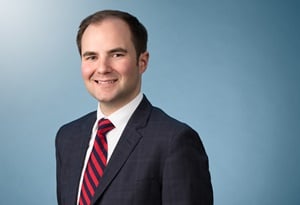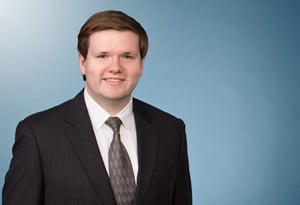Supreme Court Grants Second Review of FLSA Overtime Exemption for Auto Service Advisors
On September 28, 2017, the Supreme Court announced it will consider for a second time whether service advisors in automobile dealerships are exempt from overtime compensation under the Fair Labor Standards Act (FLSA). Although the case involves a relatively narrow FLSA exemption, it may provide insight into how the Court will construe other FLSA overtime exemptions.
In Navarro v. Encino Motorcars, the Ninth Circuit found that service advisors were not exempt from overtime pursuant to a 2011 U.S. Department of Labor (DOL) regulation. The Supreme Court reversed. In an important decision curtailing the DOL’s administrative authority, the Court found that the regulation was not entitled to deference because the DOL had issued conflicting guidance over the years without justifying its evolving position.
On remand, the Ninth Circuit again found that service advisors were not exempt, this time based on “the most natural reading” of the statute. Specifically, the court found that a service advisor did not fit within the overtime exemption contained in the FLSA for “any salesman, partsman, or mechanic primarily engaged in selling or servicing automobiles,” because a service advisor is neither a “salesman . . . primarily engaged in selling . . . automobiles” nor a “partsman, or mechanic primarily engaged in . . . servicing automobiles.”
The Ninth Circuit found that such a construction was necessary in part because FLSA overtime exemptions are to be “narrowly construed,” a philosophy which has been openly criticized by the more conservative members of the Court in recent years. The Supreme Court granted the petition to review this decision without further comment.
Although we are still many months away from a decision, the Supreme Court may provide new insight into how narrowly (or broadly) lower courts should construe the FLSA’s exemptions. A broad interpretation would be welcome news for many employers, as it may help to tip the scales with regard to the employment classification of employees who are “on the line” between exempt and non-exempt status.
Oral argument has not yet been scheduled.
The material contained in this communication is informational, general in nature and does not constitute legal advice. The material contained in this communication should not be relied upon or used without consulting a lawyer to consider your specific circumstances. This communication was published on the date specified and may not include any changes in the topics, laws, rules or regulations covered. Receipt of this communication does not establish an attorney-client relationship. In some jurisdictions, this communication may be considered attorney advertising.



